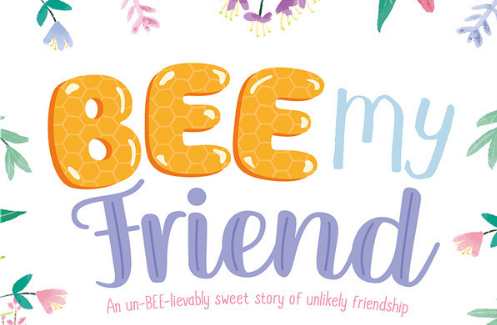
Bee My Friend
Poppy is afraid of bees until she begins to learn about all the essential ecosystem services that pollinators—and bees, in particular—provide.

Poppy is afraid of bees until she begins to learn about all the essential ecosystem services that pollinators—and bees, in particular—provide.
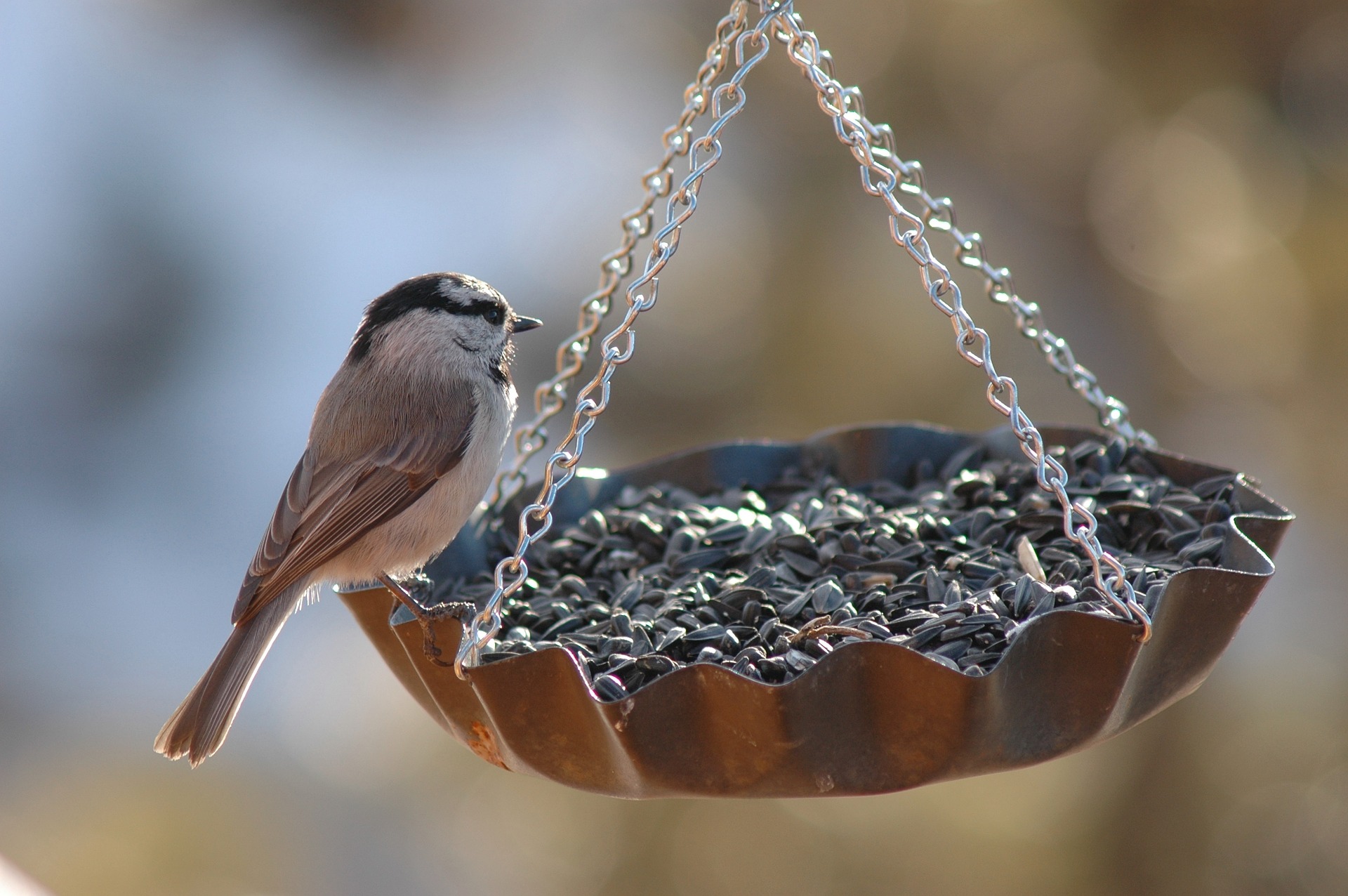
Engage kids in outdoor learning with a variety of fun, hands-on bird feeder projects featuring recycled and natural materials.
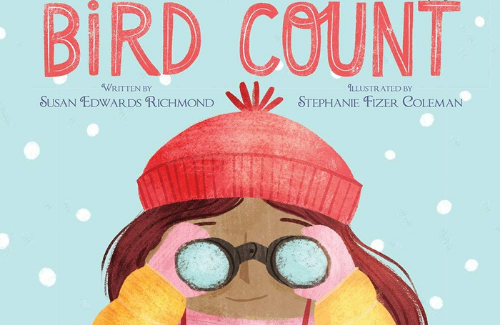
Do you enjoy seeing and hearing birds in your community? Use this book with grades K-2 and spend a day with Ava and her team as they participate in the annual Audubon Bird Count. Learn more about bird watching and how you can become a community scientist yourself and contribute to real scientific research.
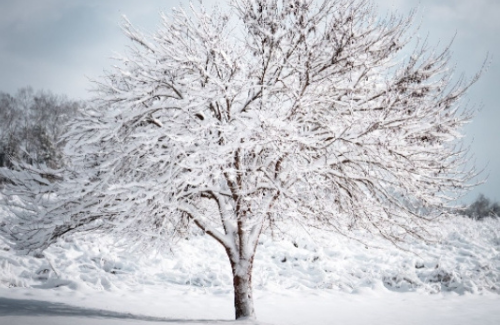
When temperatures drop and days get shorter, trees start to prepare for the cold of the winter. How do different kinds of trees adapt to the cold? Take a closer look at trees and get children to investigate the seasonal changes!
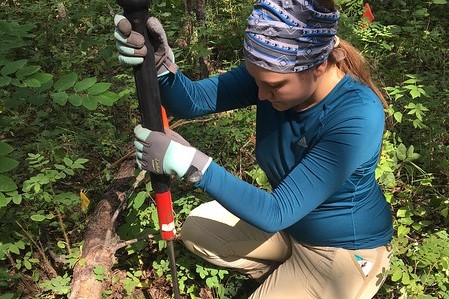
Use your senses to investigate nearby environments. These enrichments for a new PLT activity, Get Outside!, model the practices of a real scientist by collecting and analyzing data and applying comparison and reflection skills to interpret research findings.
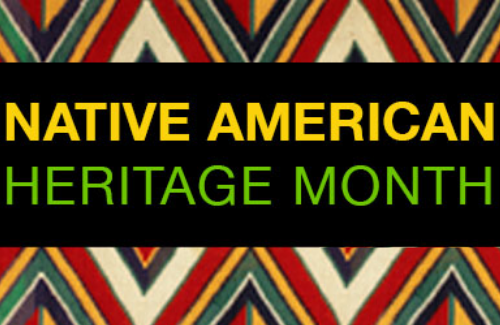
November is Native American, or American Indian and Alaska Native Heritage Month. While we should honor, recognize, and celebrate Indigenous Peoples year-round, November is a month to dedicate more time to our individual and respective learning journeys about Indigenous Peoples’ history, culture, knowledge, perspectives, and leadership.
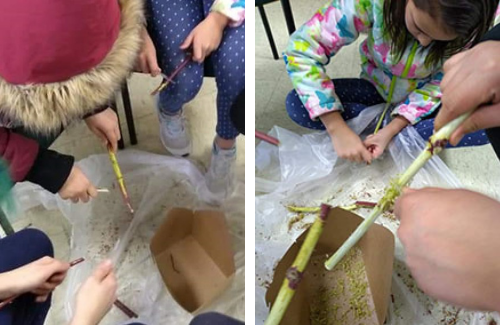
The Minnesota DNR’s forestry education program recently adapted seven classic PLT activities to include Ojibwe and Dakota culture and knowledge.
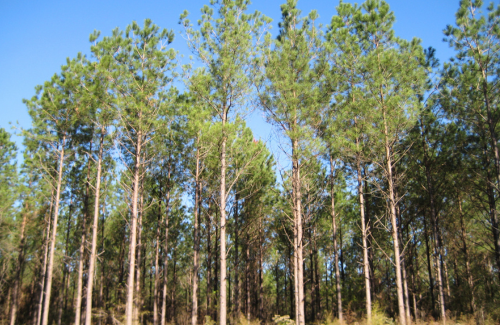
Celebrate National Forest Products Week from October 20-26, 2024 and appreciate the many ways forest products play a role in our daily lives—from the houses we live in to the paper we use at school and work.
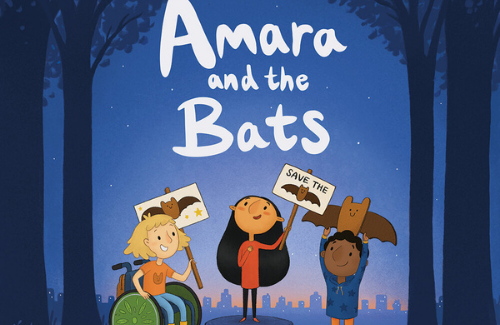
Halloween is a great time to think about bats and their vital role in our ecosystems. Follow Amara on her mission to bring bats to her local park and help people appreciate their importance. Use this children’s book to learn the truth about bats, and to share facts about these amazing–yet often misunderstood–creatures.
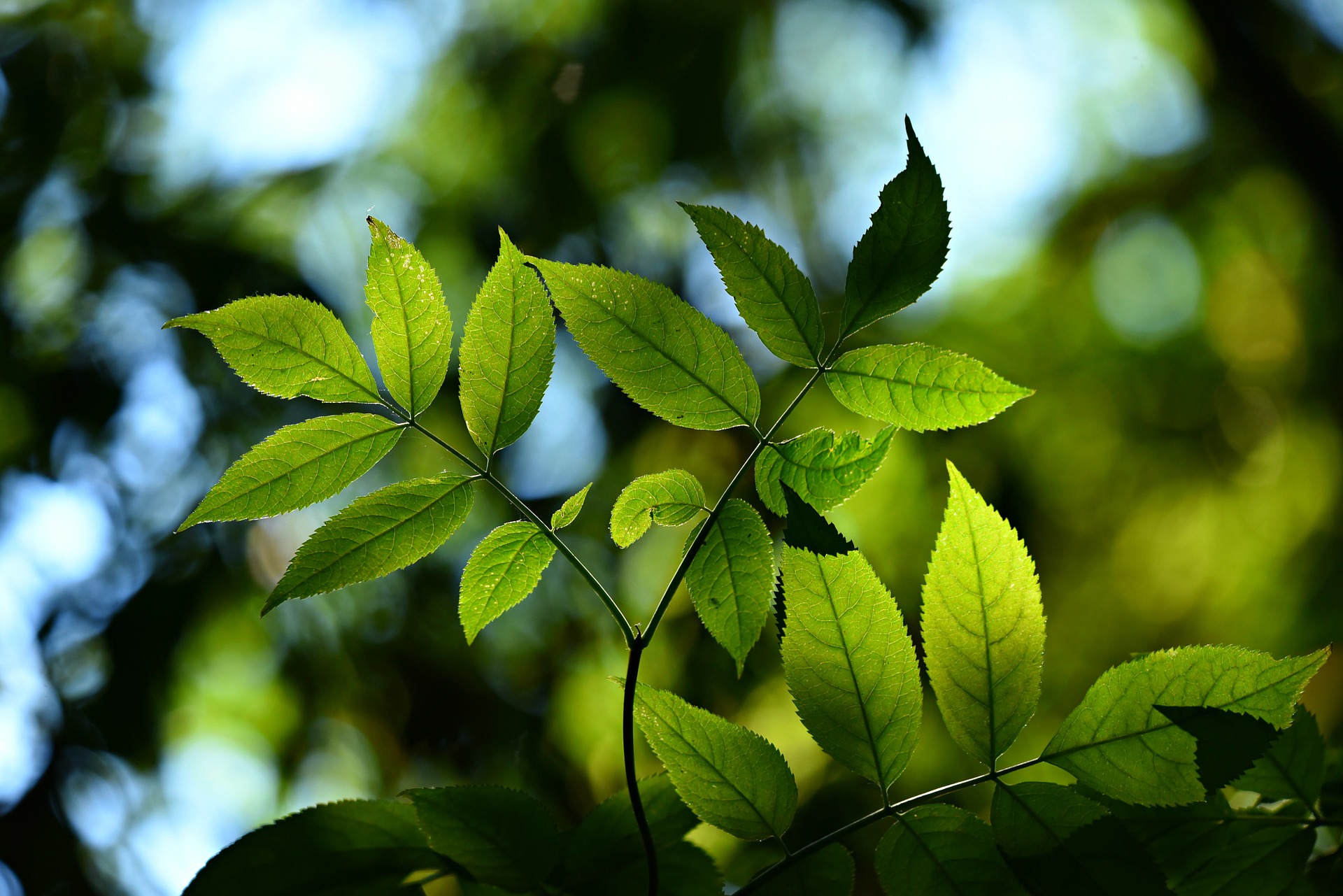
Photosynthesis can be a difficult concept to grasp, that’s why we’ve compiled a selection of hands-on activities and experiments to help show students some of the concepts in action.